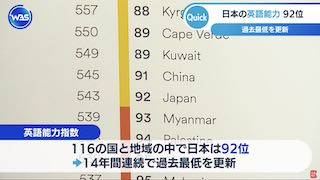Feb 14 (Nikkei) - The ongoing coronavirus pandemic has prompted a unique Valentine's Day tradition in Japan to slowly fade away -- much to the relief of female workers.
It has long been common practice for women in Japan to give giri choco, or "obligation chocolate," to their male colleagues and bosses on Feb. 14. Though Valentine's is normally seen as a day for couples to celebrate their love, giri choco is given to men for whom women have no romantic feelings.
Valentine's Day was introduced in Japan in the 1930s, and there are several theories about how giri choco became a tradition, but some believe that female office workers started giving them out sometime in the 1980s after various confectionery companies began marketing products that way.
COVID-19, however, has triggered a change in the tradition. With more people out of the office in favor of teleworking and rising sanitary practices, an increasing number of women are forgoing the custom.
According to a recent survey of over 1,000 people carried out by Creema, an operator of a marketplace for handmade goods, 14.5% of respondents said that they plan to give out giri choco this year -- a significant drop compared to the 31.8% from a year earlier. The survey found that consumers now have a stronger tendency to give presents to their loved ones or buy presents for themselves instead of co-workers amid the pandemic.
The practice can be a headache for women, who have to spend time and money deciding what to give and to whom. The Japanese branch of chocolate maker Godiva was even moved to run a full-page ad in 2018 urging Japan to end the giri choco practice, arguing that Valentine's Day should be a day for expressing love, not an obligation.















